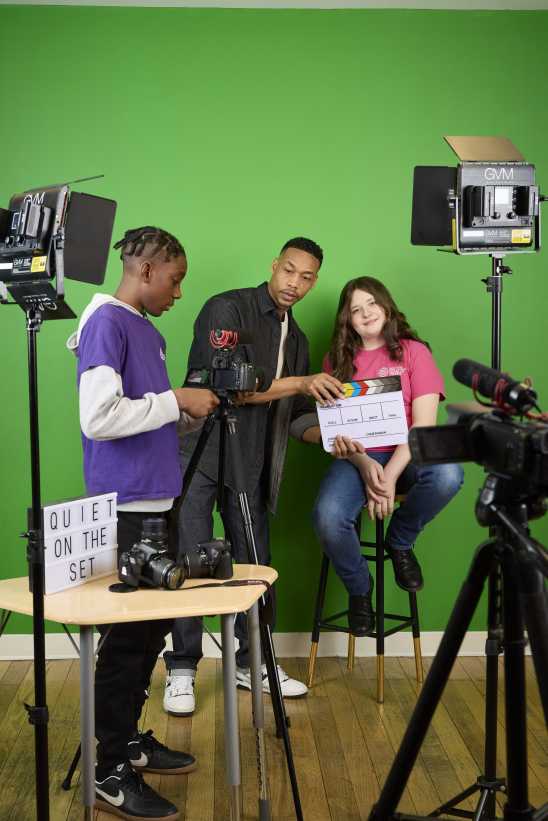I’ve been a teacher for 21 years and feel fortunate to have been allowed into the lives of so many children. Having witnessed their public and deeply felt private joys and sorrows, I’d like to share some of the lessons I’ve learned about my students’ feelings and the ways they are expressed. I hope that you, as a parent, will benefit from these insights in your parenting.
Children feel things very deeply, and these feelings may be displayed in different ways.
Some children can be very direct and will tell me, for example, that a relative has died. But by the later elementary grades, many boys and girls have learned ways to mask their feelings. In these cases, feelings are expressed in more subtle ways.
Lesson 1
Behavioral changes have a logical explanation.
Several years ago, a student who was always eager to participate came in to class one morning with an unusual sour expression. He was silent and when I asked if anything was the matter, he answered me in a monotone voice. I thought this was pre-teen moodiness and went on with my lesson.
Several weeks later, his mother came to school to pick him up early. She told me that they had visited his father in prison recently — the weekend before his behavior changed.
Family challenges and crises definitely affect children, although they may not show it. Some behavioral changes are very short-lived. If the behavior persists, however, it may be time to seek outside help. Speak to your child’s doctor, school counselor, teacher, or your religious leader. They can help you or make a referral to other professionals.
Lesson 2
Many children reveal deep-seated feelings they would not dare express out loud through writing.
All year long a girl in my class displayed an inner sadness that was cloaked in a façade of indifference. One day, as I was going through students’ notebooks for a writing assignment, I came across the girl’s. The other students’ writing was fairly routine, but she wrote about her deep feelings of self-hatred and how she had tried to commit suicide. Of course, I made sure she received counseling and thanked her for feeling comfortable enough with me to take this risk.
If your child is comfortable expressing himself through writing, encourage them to write a journal. Help your child pick out a notebook to be decorated. Tell him he can write about any topic, and that he doesn’t necessarily have to be a daily entry. Emphasize that this journal is strictly private — unless he chooses to share it with you.
Lesson 3
Most students are aware they are misbehaving.
More than once, I have gotten unsolicited notes apologizing for misbehaviors — and I’m not talking about the usual notes promising eternal good behavior right before report cards or parent-teacher conferences. These were heartfelt apologies.
All year long a student had given me a really hard time. “Surly” would not be a strong enough word to describe her — but the expression “if looks could kill” does comes to mind. On the last day of school, after report cards had been distributed, she handed me a note and quickly left for summer vacation. The note contained a full apology in which she acknowledged she had been really mean to me. She also expressed the realization that I just wanted her to do her best.
It may be helpful to understand that, at times, children cannot control their behavior. As they mature, they will be able to exert greater self-control. It’s not always easy to remember this when they are misbehaving, but it may help you gain control of the situation. They need limits and understanding.
Lesson 4
‘Test anxiety’ is real.
Despite some students’ apparently nonchalant attitudes, test anxiety is very real. Whether students are told directly, or pick up on subtle clues, they sense the enormous pressure. I have never had a student — no matter how difficult — misbehave on the day of the test.
Before a New York State Math Test, a group of girls asked if it was OK if they formed a prayer circle. Be assured, these students had been very talkative and were not shy about expressing their displeasure to me when I attempted to rein in their conversations. I watched in amazement as they joined hands, closed their eyes, and prayed. Yes, I think they were a bit anxious.
Remember, test anxiety is caused by the fear of failure. By letting your child know that as long as he tries his best he won’t be considered a failure, you can help him relax. Also, making sure your child gets enough sleep and eats a good breakfast will help him concentrate.
• • •
There is one more lesson I have learned the hard way. That is, don’t be afraid to pause and “take five.” I have always regretted when I have risen to the “bait” and responded emotionally. Yelling only raises the tension level. Take a deep breath and calm down. You and your child will benefit.
Andrew Schorr is a New York State-certified teacher, an author, and tutor. Visit his website at Schorrservice.com.





















